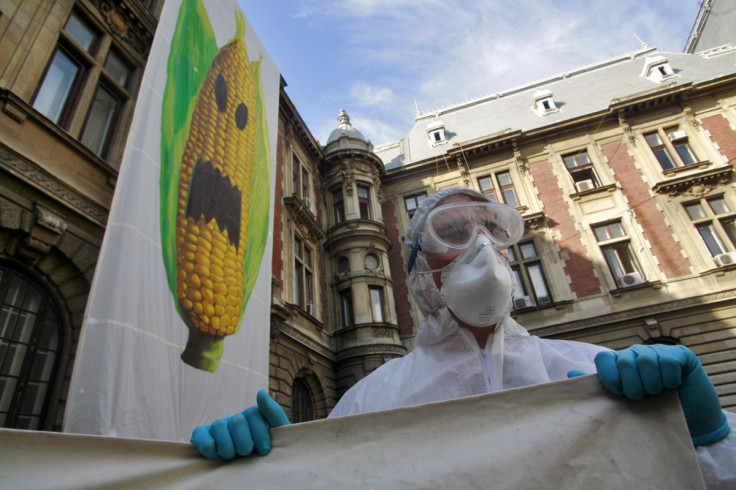15 EU countries set to block cultivation of GM crops

At least 15 countries and four regions in the 28-nation European Union have opted out -- or are in the process of doing so -- of a scheme to cultivate genetically modified (GM) crops in their territory. Austria, France and Greece are among 10 countries that have already notified the European Commission of their intention to block the cultivation of GM crops, with Bulgaria, Denmark, Germany, Italy and Slovenia set to follow suit before the 3 October deadline.
The bans mean about two-thirds of the EU's arable land will be free of GM crops. In the UK, Northern Ireland, Scotland and Wales have all outlawed the crops amid scepticism over their safety.
A GM crop variety is created by altering the plant's DNA in a lab. This typically involves adding a new trait it does not naturally possess, such as resistance to certain pests or pesticides. The EU imports large quantities of GM produce from overseas, mostly soy bean, cotton and maize from the US.
Safety concerns
"A clear majority of the EU's governments are rejecting the commission's drive for GM crop approvals. They don't trust EU safety assessments and are rightly taking action to protect their agriculture and food," said Franziska Achterberg, EU food policy director at Greenpeace.

"The only way to restore trust in the EU system now is for the commission to hit the pause button on GM crop approvals and to urgently reform safety testing and the approval system."
Scientists have argued the case for GM crops to be widely accepted in Europe, saying they pose no threats to human health or the environment. They also say the technology would help in feeding a growing world population.
Only one GM crop is cultivated across the whole of the EU - Monsanto's GM maize, known as MON810. Seven other GM maize varieties are awaiting approval by the European Commission.
© Copyright IBTimes 2025. All rights reserved.






















